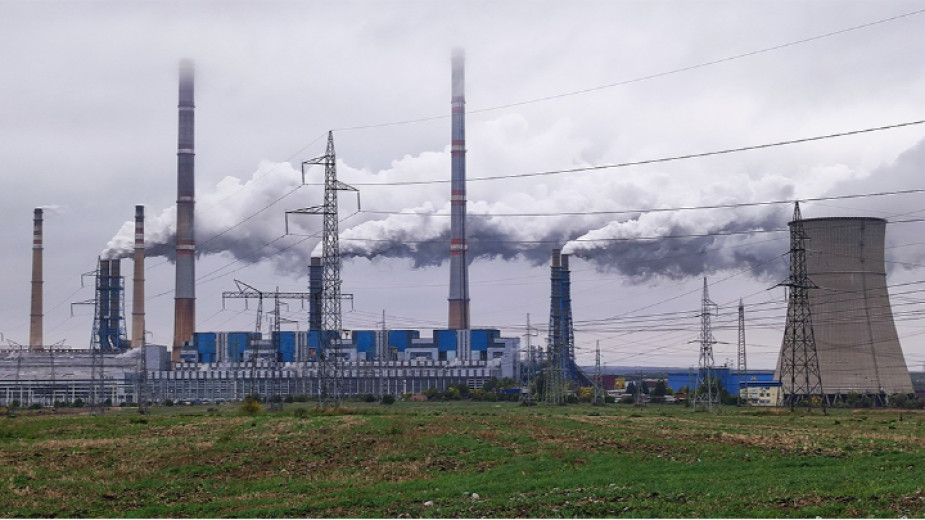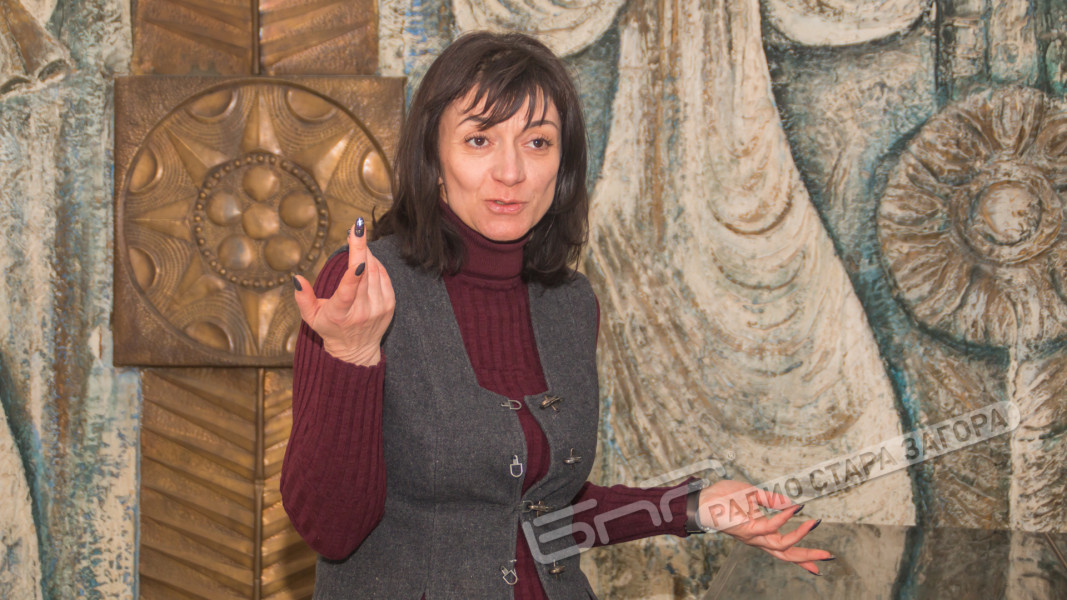
By the end of June, Bulgaria has to submit to the European Commission a package of proposals for renegotiating its commitments in the energy sector, more precisely in terms of decarbonisation.
The country has already lost the first tranche of EUR 100 million in EU funding due to delays in its strategic plans. Bulgaria is the only member state that has not yet deposited with the EC the territorial just transition plans for its three coal regions (Stara Zagora, Pernik, Kyustendil), with the main payments (approximately two thirds of the €1.4 billion) planned for this year. If the strategic plans are not approved, Bulgaria will lose its green transition funding.
Headlines such as "The death sentence for the TPPs has been signed", "The TPPs are closing", "The TPPs are expected to close in 2026" appear in the press and social networks every time the topic of the green transition is raised. Politicians readily comment on these statements and use them for their own political purposes.
We checked what has been agreed for the closure of the coal plants.
Dr. Rumyana Grozeva, Executive Director of the Regional Economic Development Agency in Stara Zagora, described claims that Bulgaria must close its coal plants in the next decade as false and speculative.
"Nobody wants Bulgaria to close its thermal power plants by 2025, 2026. Bulgaria has a number of other mechanisms to achieve this 40 percent reduction (in emissions), including by closing capacity of thermal power plants that do not meet any standards. To claim that thermal power plants will be closed immediately is pure speculation. Bulgaria is committed to phasing out coal-fired power generation by 2038. We have been talking all along about gradually reducing the share of coal-fired power in the country's energy mix. But this cannot happen right away; all such claims are absolute speculation and bad faith."
Dr. Rumyana Grozeva's words are confirmed by what Genady Kondarev, a senior associate for Central and Eastern Europe (V4+2) at the E3G independent climate change think tank, said:
"There is no document stating that Bulgaria must close its thermal power plants in the next 10 years. By 2038, Bulgaria must reduce its use of coal, this is the deadline that has been set and committed by the country. Our commitment is to reduce emissions from the use of coal over the next decade, and a 40% reduction by 2025. This is more than an achievable figure and it does not mean closing coal-fired power plants, as this target can be achieved either by closing capacity or by reducing electricity production, but not necessarily by cutting the workforce."
We also asked the EC representation in Bulgaria for a comment. Here is what they replied:
"The European Commission's position is that all Member States should work hard to phase out coal-fired power generation. This is the only way to achieve the overall climate change targets to which Bulgaria has committed itself as an EU member - a reduction of carbon dioxide emissions by at least 55% by 2030 and zero emissions into the atmosphere by 2050.
Most EU Member States have already announced end dates for the closure of all their coal-fired capacity. It is up to the Bulgarian authorities to set a clear timetable for the phasing out of the various coal-fired power plants. Bulgaria has made such a commitment in its Recovery and Resilience Plan - to draw up a climate neutrality roadmap including scenarios for phasing out coal by 2038 at the latest.
It is up to the Bulgarian authorities to make the final decision on specific dates for shutting down coal-fired thermal power plants."
Bulgaria has committed to meet the common goals to fight climate change of the European Union. As a member state, the country will be compensated to make its green transition.

 The BNR fact-checking team is committed to verifying claims that may mislead listeners and readers on important topics. Alerts can be emailed to reporter@bnr.bg Other material from the BNR Fact Check Team can be read (in Bulgarian) at https://bnr.bg/factcheck
The BNR fact-checking team is committed to verifying claims that may mislead listeners and readers on important topics. Alerts can be emailed to reporter@bnr.bg Other material from the BNR Fact Check Team can be read (in Bulgarian) at https://bnr.bg/factcheck Love blooms with renewed vigour every year on 14 February! Valentine's Day is increasingly being celebrated in Bulgaria as a holiday that inspires lovers to share beautiful moments together. Traditions include the exchange of cards, gifts and romantic..
From February 14 to 16, an event under the motto "Love and Wine" will allow Sofia residents and guests of the city to combine the Bulgarian holiday of wine Trifon Zarezan with Valentine's Day. It will be held on the pedestrian zone..
World Radio Day - 13 February, this year is dedicated to climate change. The choice is no coincidence—2025 has been identified by the Paris Agreement as a crucial year for humanity to achieve its long-term goal of limiting global warming to a maximum of..
Easter 2020 went down in history with two things. The first was the state of emergency, introduced due to the Covid-19 pandemic that..
152 years after Bulgaria lost its beloved son and advocate for a free, independent and tolerant state – Vasil Levski, his personality continues to excite..
152 years after the death of the Apostle of Freedom, the personality of Vasil Levski continues to excite Bulgarians, regardless of whether they are in the..

+359 2 9336 661
